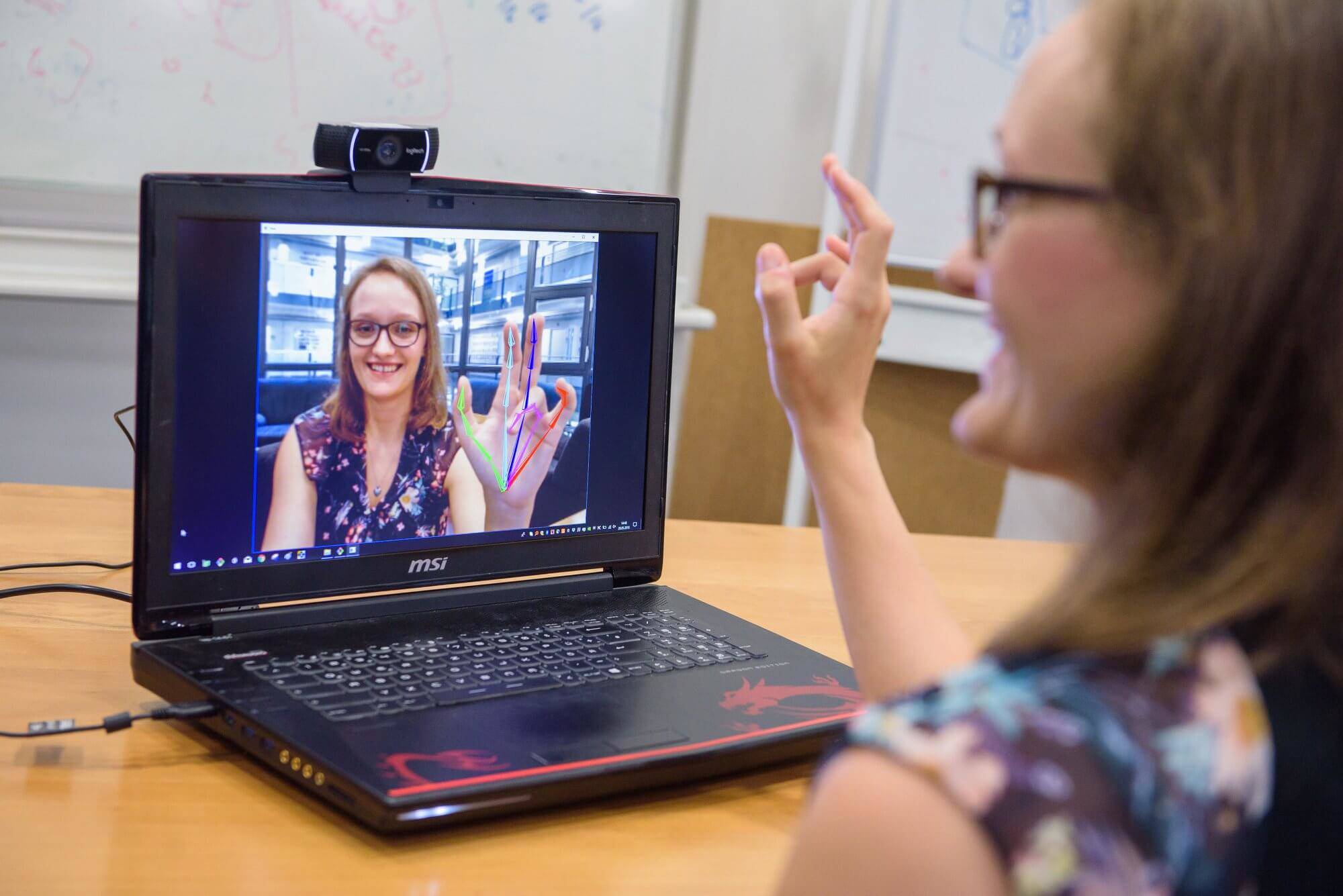News Archive

The Bachelor and Master program “Data Science and Artificial Intelligence” always begins in the winter semester at Saarland [...]

Human genomes vary quite a bit from individual to individual. These differences include single nucleotide change in the DNA sequence, but even more variation comes from structural variants, which include additions, deletions and rearrangements of large segments of DNA. A recent study done by Professor Tobias Marschall and international colleagues used multiple advanced technologies to dive deeper than ever before to comprehensively characterize the structural variants present in three families, and what their functional consequences might be.

On the occasion of its 50th anniversary, the Department of Computer Science of Saarland University is organizing a weekly series of lectures at the Filmhaus Saarbrücken at 6:30 p.m. starting on April 9. The lectures bridge the gap between the past and current research. Scientists who work in the institutes of the Saarland Informatics Campus will present their current projects and also discuss the history of the respective institute. The lecture series begins with Vera Demberg, who holds a professorship [...]

Professor Andreas Keller from the Center for Bioinformatics at Saarland University is leading a research project at Stanford University in Silicon Valley for one year. The aim is to gain a better understanding of how diseases such as Alzheimer’s and Parkinson’s develop in the human body at the single-cell level. The aim is to identify such widespread diseases earlier and open up new therapeutic options. The Schaller-Nikolich Foundation in Heidelberg is financing the stay with one million US dollars.

“Robot & Frank” is the second film in the film series “Artificial Intelligence in Cinema” and will be shown on April 1 at 6:30 p.m. at the cinema in the Filmhaus Saarbrücken. The story recounts the special friendship between a demented jewel thief and his care robot. Afterwards Jan Alexandersson, head of the Competence Center for Ambient Assisted Living (CCAAL) at the German Research Center for Artificial Intelligence, will comment on the American independent film from [...]
5253545556 ...
70»
